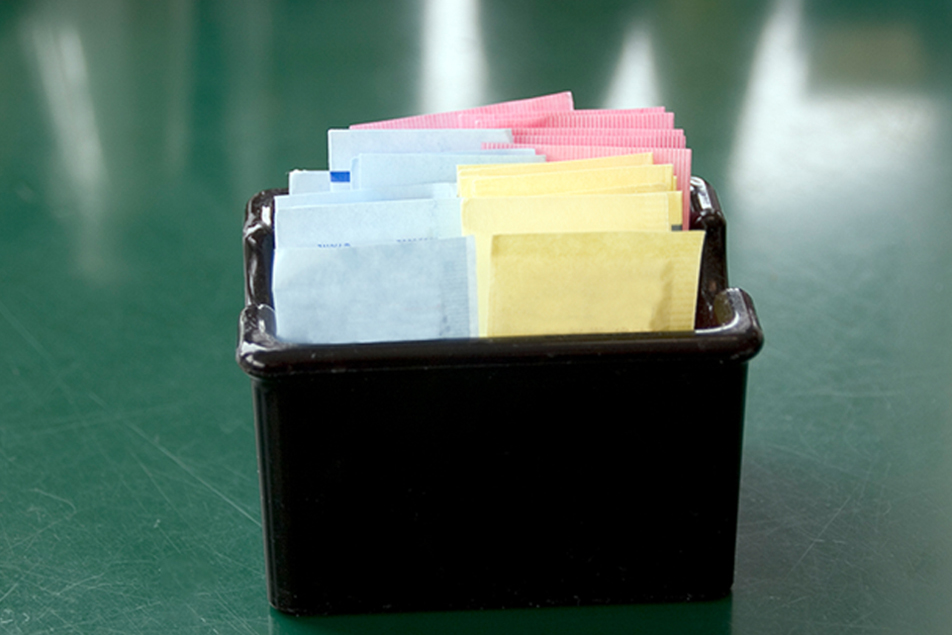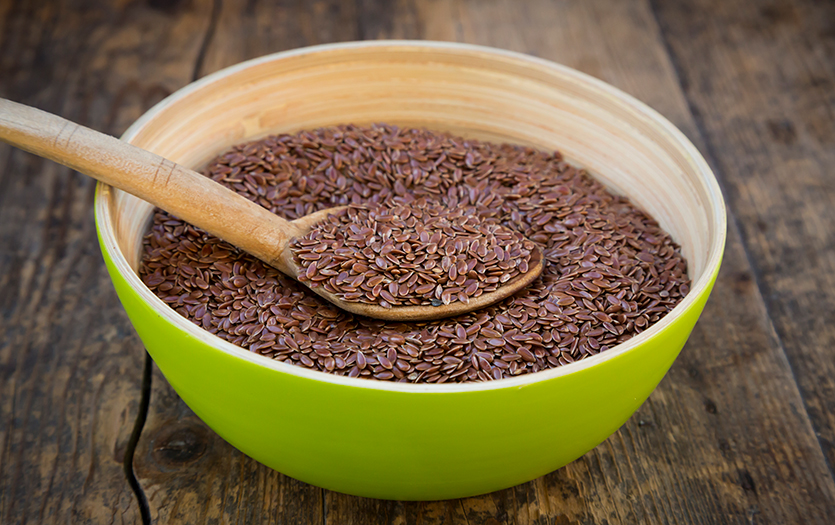
We’re all familiar with the bright pink, blue and yellow packets on restaurant tables. And, of course, diet sodas are one of the most popular and widely consumed beverages on the market. We see terms like “zero calorie” and think we’re making smart choices for our body. But it’s actually the opposite. According to Julia Walker, RDN, CDE, CD, the misconceptions about the sweet stuff can be quite dangerous.
MYTH: Artificial sweeteners are better than real sugar.
According to the American Diabetes Association, nonnutritive sweeteners (NNS), or artificial sweeteners, offer little to no energy when ingested. They are referred to as high-intensity sweeteners because, as sweetening ingredients, they are many times sweeter than sucrose. Substituting non-nutritive sweeteners for higher-energy foods and beverages can decrease energy intake, but evidence of their effectiveness for weight management is limited. They also do not have the same functional properties as real sugar such as browning, crystallization or microbial inhibition.
There’s also one very unique risk with artificial sweeteners. The FDA requires any foods containing aspartame to have an informational label with the statement: “Phenylketonurics: contains phenylalanine.” Individuals who have the genetic disorder phenylketonuria had small increases in phenylalanine after drinking a 12 oz. diet soda sweetened with aspartame. This can cause brain damage, seizures and other problems in people with the condition.
Also, at high doses (30g/day), consumption of some polyols/sugar alcohols (including lactitol, isomalt, and xylitol) may result in significant increases in flatulence, defecation frequency and loose/watery stools.
It’s good to remember that many of these artificially sweetened foods — such as sugar-free ice cream and fruit flavored drinks — aren't always the most nutritious choices. Ideally, encourage and enjoy a wide variety of fruits to satisfy sweet cravings. Sweeten plain yogurt with berries, or add chopped fruit to your hot or cold cereal. You can also make a homemade trail mix with a combination of dried fruit, nuts and seeds.
Both nutritive and NNS have generated health concerns among health care providers and the public for many years. Reducing intake of all added sugars, including sucrose, corn sweeteners, fructose, HFCS, and other forms of added sugars, is recommended.
MYTH: Diet soda helps to keep you slim.
While diet beverages provide little to no calories, they are not a healthy substitute for water. At a minimum, sugar substitutes keep our taste buds desiring greater sweetness. Artificial sweeteners, which range from 600-1,300 times as sweet as sugar, also condition our taste buds to desire sweetness.
What are the basic implications? Those who routinely drink diet sodas are getting a lot of sweet stuff in their diets, and likely prefer it that way. Take away that sweetness, and they will likely need to get it elsewhere, or feel very frustrated.
Practice drinking water as your beverage of choice. If you enjoy them, include 100% vegetable or tomato juice, unsweetened coffee or tea, 1% or skim milk or plain plant-based milks in moderation.



